

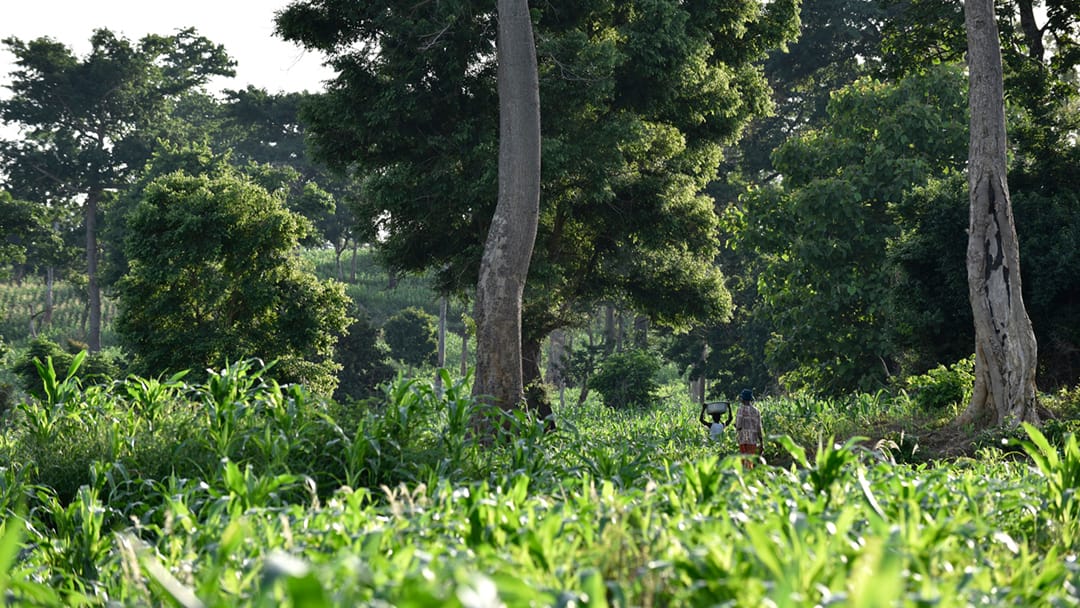
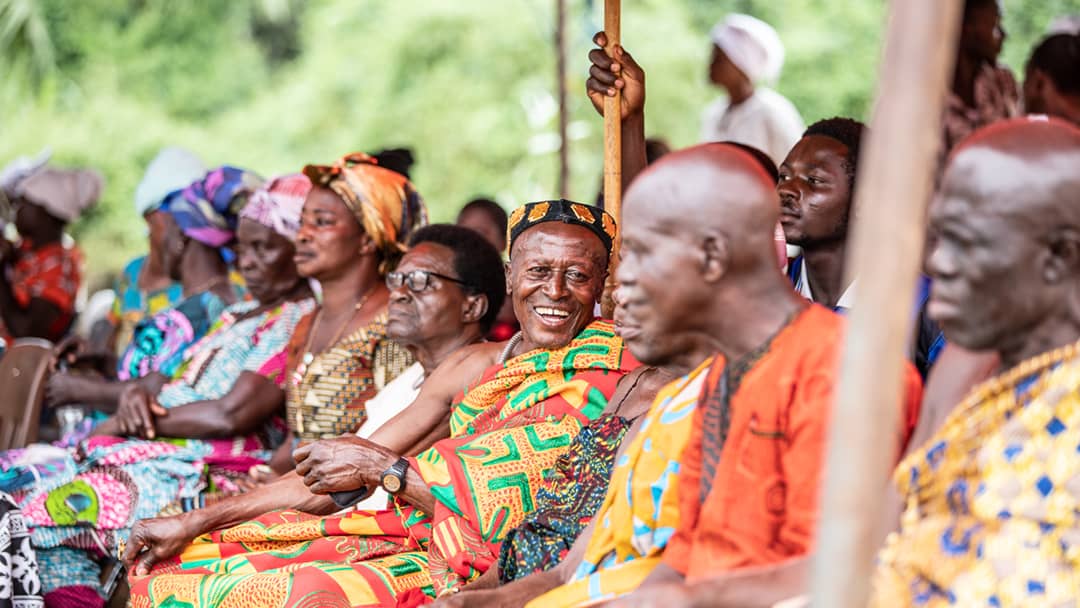

Landscape restoration of indigenous forest in Ghana
2017 - 2021
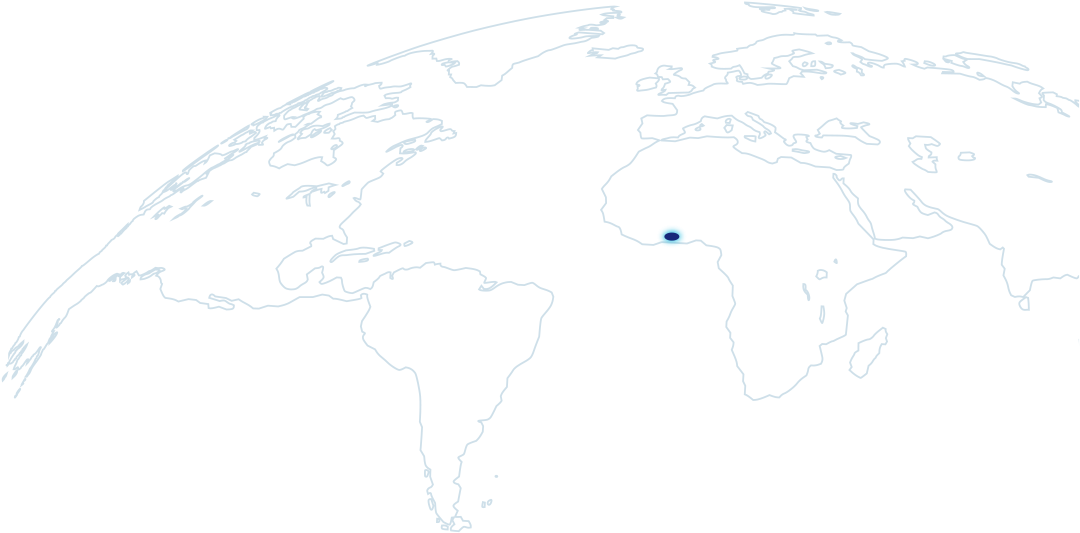
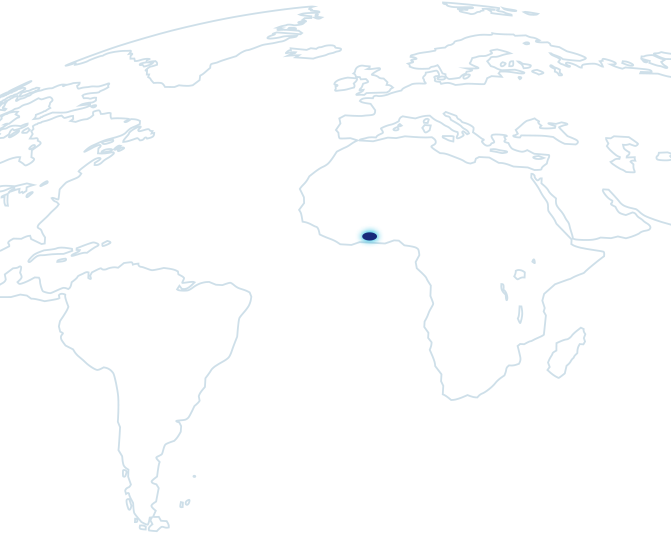
Forests in Ghana have decreased from 8.5 million to 1.5 million hectares. The remaining forest is under ever increasing pressure. The Tain II Forest Reserve is a highly degraded area with poor accessibility, surrounded by underdeveloped community farmland. Due to the lack of law enforcement, illegal farming, cattle herding, illegal logging and poaching have developed without much hindrance, both in and around the reserve. Soils, biodiversity, forests and livelihoods of people continue to degrade, intensified by wildfires. This calls for improved governance, sustainably managed farms and forest plantations to generate income, as well as the conservation and restoration of ecologically important areas.
This program focused at restoring the Tain II Forest Reserve and its buffer zone to its former production function, where remnants of the original vegetation are protected and strengthened to become refuges for biodiversity and where land users practice sustainable agriculture and implement sustainable land use measures.
This programme has made a great impact on the landscape in and around Tain II Forest Reserve. It led to more awareness among farmers regarding sustainable land management and the establishment of tree-based farm systems. Farms around the reserve are now under year-round management and function as a buffer zone for the forest reserve. The funding has enabled the restoration activities within the reserve. The most significant impact has been that people took back responsibility and control over their environment. Where prior to the programme, farmers felt powerless against the destruction due to wildfires, they now mention that they feel more confident to plant trees, experiment with new crops, and manage wildfires. They feel responsible for the protection of natural resources, their own farms and the farm of their neighbour.
With the support of DOB Ecology, Form International has successfully planted 1,075 hectares of indigenous forest.
A total of 551 farmers participated in the programme for agroforestry farm establishment and technical support activities around the Forest Reserve and 861 hectares of new agroforestry farms were established.
Nine operational community fire squads, trained and equipped to be professional fire leaders and managers for their community with an area of 6,150 hectares under community fire management.
See the article(s) below:
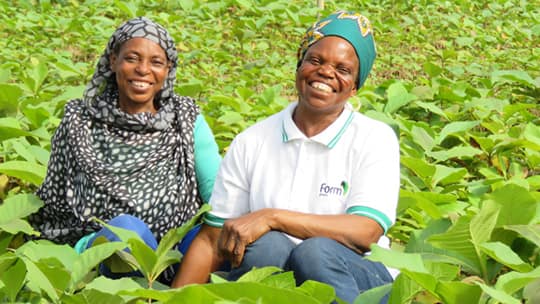
Form Internationals’ and Form Ghana’s commitment to find solutions with the communities around the Tain II Forest Reserve to sustainably manage the landscape, strengthen already existing organisational structures and develop sustainable tree-based business cases with farmers.
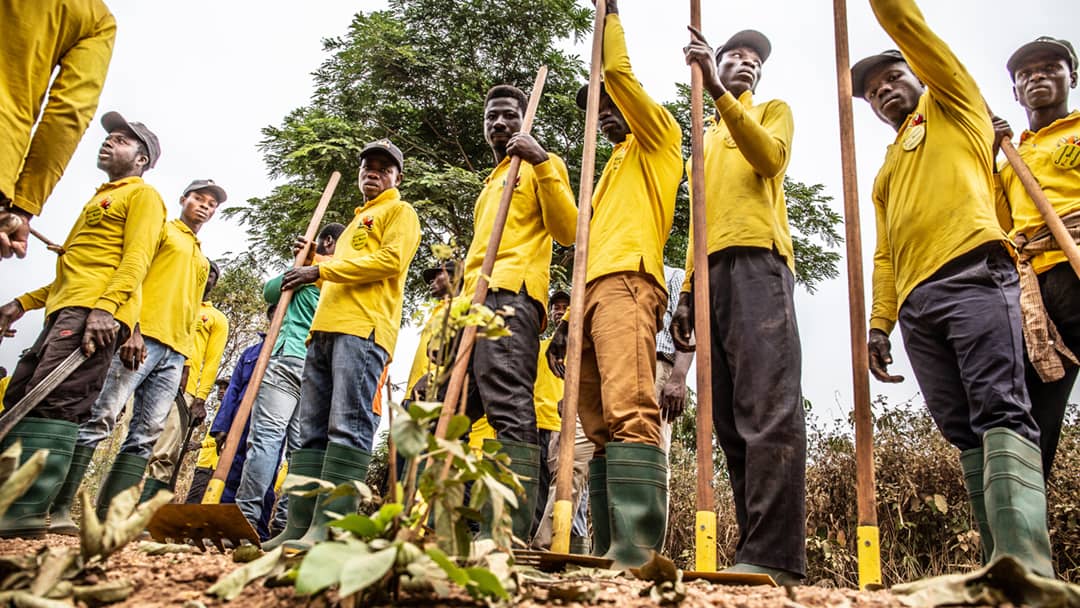
Form Ghana has implemented a solid community fire management program. We spoke with local people about the story behind this successful project.